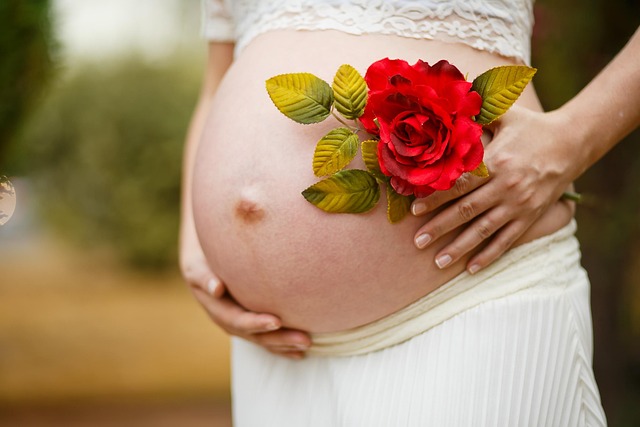You know how the biological clock can feel like a ticking time bomb? Well, let’s break it down. By the time women reach puberty, they’ve already lost about 70% of their eggs. Fast forward to their 30s, and they’ve lost another 20%. By the time they hit 40, there’s only about 3% left. With more women choosing to delay motherhood nowadays, what are their options?
Egg banking, or egg freezing, used to be primarily for women facing medical issues that could affect their ability to conceive. But now, it’s become a popular choice for women wanting to safeguard their fertility for the future. Fertility clinics have seen a significant uptick in inquiries about egg freezing. For instance, in just two years, one clinic reported a staggering 200% increase in the number of women opting for this procedure.
Now, you might be wondering— is egg banking safe for future children? The American Society for Reproductive Medicine recently removed the “experimental” label from egg freezing, thanks to advancements in the freezing process. They’ve reported over 1,000 births from frozen eggs, showing no greater risks of birth defects compared to those conceived naturally.
When’s the Best Time to Freeze Your Eggs?
Well, there’s no one-size-fits-all answer. Depending on individual circumstances, it might be advisable to go through multiple rounds of egg freezing. The goal is to bank around 20 eggs, as not all of them may survive the thawing and fertilization processes.
Women arrive at this decision from various paths. Take Emily, for example. She felt fulfilled in her career and relationships, but she still felt a pang of sadness about not being ready to start a family. Or consider Sarah, who decided to freeze her eggs at 36 after a divorce, influenced by friends who had to rely on donor eggs later in life.
The Impact of Age on Egg Freezing Success
Age is definitely a factor in the success of egg freezing. Research indicates that a 32-year-old woman freezing ten eggs has about a 24.3% chance of delivering a child, while that percentage drops to 17.2% if she waits until 38.
Of course, financial considerations come into play too. Many women in their early 30s may not feel ready to commit to egg freezing, either emotionally or financially. Conversely, older women might have the financial means but may not produce eggs of the same quality.
The Resilience of the Uterus
But here’s some good news: the uterus is resilient. Dr. Paul, a fertility specialist, notes that it can support a pregnancy even after menopause. So, women like Lisa, who froze her eggs at 40, can still embark on the journey to motherhood years later without a hitch.
Making the Decision
Deciding to freeze your eggs is a deeply personal choice that involves balancing financial resources and reproductive potential. If you’re curious about egg banking, check out other resources on topics like artificial insemination and fertility journeys to get a better understanding of your options.
In summary, egg banking offers a promising path for women looking to take control of their fertility while navigating the complexities of modern life. Whether you’re considering it for personal reasons or just want to learn more, there’s a wealth of information available to help you make informed decisions about your future.

